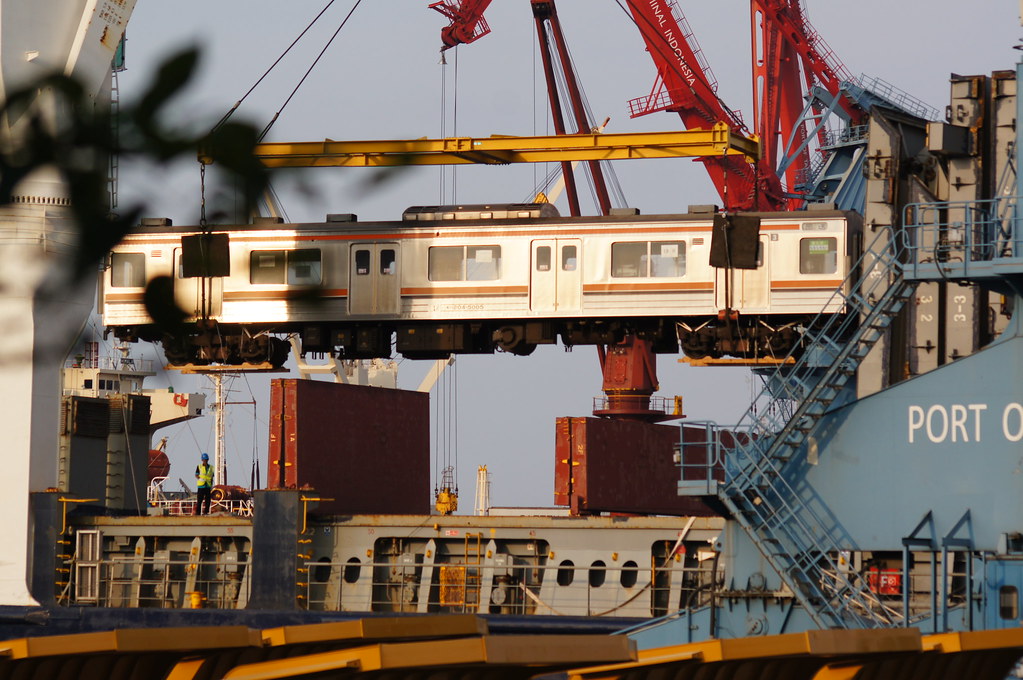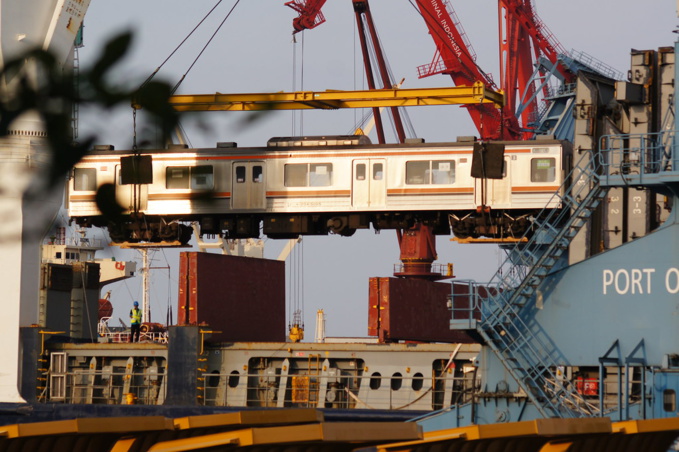Bilateral relations between Tokyo and Seoul have deteriorated against the backdrop of South Korea’s claims for compensation for forced labor in the country during Japan’s colonization of the Korean Peninsula in 1910-1945.
The Ministry of Economy, Trade and Industry of Japan stated that for individual applications will be required for exporting three types of materials to South Korea - fluorinated polyimide, hydrogen fluoride and resists - used in the production process of semiconductors and displays for smartphones and televisions.
The ministry did not prohibit such exports directly, but stated that verification of applications would take about 90 days.
Seoul strongly reacted to this statement, calling it violation of international law and promising to take drastic measures.
The South Korean government also intends to file a complaint with the World Trade Organization due to Japan’s tightening of controls on the export of high-tech materials.
Restrictions can hit the technology industries of both countries, whose supply chains are closely related. The ministry said it would closely monitor the impact on Japanese companies that have a large market share in high-tech materials.
The ministry also said on Monday it was starting the process of removing South Korea from the “white list” of countries that can relatively easily buy Japanese electronic components considered important to national security.
With regard to the dispute about compensation for the use of Korean forced labor, Japan claims that this issue has already been resolved by the 1965 agreement, according to which the country provided financial assistance to South Korea in the amount of $ 500 million.
source: kyodonews.jp
The Ministry of Economy, Trade and Industry of Japan stated that for individual applications will be required for exporting three types of materials to South Korea - fluorinated polyimide, hydrogen fluoride and resists - used in the production process of semiconductors and displays for smartphones and televisions.
The ministry did not prohibit such exports directly, but stated that verification of applications would take about 90 days.
Seoul strongly reacted to this statement, calling it violation of international law and promising to take drastic measures.
The South Korean government also intends to file a complaint with the World Trade Organization due to Japan’s tightening of controls on the export of high-tech materials.
Restrictions can hit the technology industries of both countries, whose supply chains are closely related. The ministry said it would closely monitor the impact on Japanese companies that have a large market share in high-tech materials.
The ministry also said on Monday it was starting the process of removing South Korea from the “white list” of countries that can relatively easily buy Japanese electronic components considered important to national security.
With regard to the dispute about compensation for the use of Korean forced labor, Japan claims that this issue has already been resolved by the 1965 agreement, according to which the country provided financial assistance to South Korea in the amount of $ 500 million.
source: kyodonews.jp



















